In Texas, to prevent minors from being exposed to drugs, the legislature has designated certain areas as “drug-free zones.” These are places children under 18 years of age typically congregate in high numbers.
Under Texas Health and Safety Code 481.134, drug-free zones include:
- Areas within 1,000 feet of:
- Higher education institutions, including but not limited to public or private technical institutes, junior colleges, senior colleges or universities, medical or dental units
- Public or private elementary and secondary schools
- Public or private youth centers, which are defined as facilities that provide activities for people 17 years of age or younger
- Playgrounds, which are public areas not on school grounds that contain play stations for children
- Areas within 300 feet of:
- Public swimming pools
- Video arcade facilities
- School buses
Drug-free zones are significant because the charges and penalties for certain controlled substances offenses are enhanced when they’re committed in these areas.
Minimum Terms of Incarceration and Fines Increased
For some drug crimes committed in certain drug-free zones, the minimum term of jail or prison is bumped up 5 years, and the fine is doubled. For instance, the manufacture or delivery of 1 gram or more but less than 4 grams of a penalty group 1 substance is ordinarily charged as a second-degree felony. A conviction can result in a minimum prison term of 2 years. Now, if the offense occurred in a drug-free zone, that minimum becomes 7 years. That’s a substantial increase in penalties.
The fine and incarceration enhancements apply to the following crimes:
- Manufacture, delivery, or possession of a substance in Penalty Group 1 when the drug’s aggregate weight is 1 gram or more
- Manufacture, delivery, or possession of a substance in Penalty Group 1-A when the number of units is 20 or more
- Manufacture or delivery of a substance in Penalty Group 2 or 2-A when the drug’s aggregate weight is 1 gram or more
- Manufacture, delivery, or possession of a substance in Penalty Group 3 or 4 when the drug’s aggregate weight is 28 grams or more
- Possession of a Penalty Group 2 substance when the drug’s aggregate weight is 1 gram or more
- Possession of a Penalty Group 2-A substance when the aggregate weight is 5 pounds or more
- Delivery or possession of marijuana when the amount is 5 pounds or more
From a State Jail to a Third-Degree Felony
The charges for certain drug-related offenses increase by one degree when they’re committed in drug-free zones. Thus, crimes charged as state jail felonies will be enhanced to third-degree felonies. Before, a conviction could lead to a state jail sentence between 180 days and 2 years. Now, the term of imprisonment is between 2 and 10 years.
The enhancement applies to the following offenses:
- Manufacture, delivery, or possession of a Penalty Group 1 substance when the aggregate weight is less than 1 gram
- Manufacture, delivery, or possession of a Penalty Group 1-A substance when the number of units is fewer than 20
- Manufacture or delivery of a Penalty Group 2 or 2-A substance went the aggregate weight is less than 1 gram
- Manufacture or delivery of a Penalty Group 3 or 4 substance when the aggregate weight is less than 20 grams
- Possession of a Penalty Group 2 substance when the aggregate weight is less than 1 gram
- Possession of a Penalty Group 2 substance when the aggregate weight is 5 pounds or more but less than 4 ounces
- Delivery of marijuana when the amount is 5 pounds or less but more than ¼ ounce
- Possession of marijuana when the amount is 5 pounds or less but more than 4 ounces
From a Class A Misdemeanor to a State Jail Felony
Under normal circumstances, some possession, delivery, and manufacture of controlled substances offenses are charged as Class A misdemeanors. However, when the violation occurs in a school zone, these crimes are increased to state jail felonies. The jail term increases from a maximum of 1 year to a maximum of 2 years.
The crimes affected by this enhancement include:
- Possession of less than 28 grams of a Penalty Group 3 controlled substance
- Manufacture, delivery, or possession of miscellaneous controlled substances
- Delivery of ¼ ounce or less of marijuana
- Possession of 2 ounces or more but less than 4 ounces of marijuana
From a Class B Misdemeanor to a Class A Misdemeanor
Lastly, certain Class B misdemeanor drug crimes are enhanced to Class A. Because of this, what was once penalized by a maximum jail term of 180 days is now punishable by up to 1 year in jail.
The offenses this applies to are as follows:
- Possession of less than 28 grams of a Penalty Group 4 substance
- Manufacture, delivery, or possession of miscellaneous substances
- Delivery of less than ¼ ounce of marijuana without receiving payment
- Possession of 2 ounces or less of marijuana
Facing drug crime charges in Houston is serious, whether or not the offense occurred within a drug-free zone. For help challenging the accusation against you, call Drehner Law at 832-626-0063 or contact us online to discuss your case with our experienced attorney.


 Call Us Now
Call Us Now








